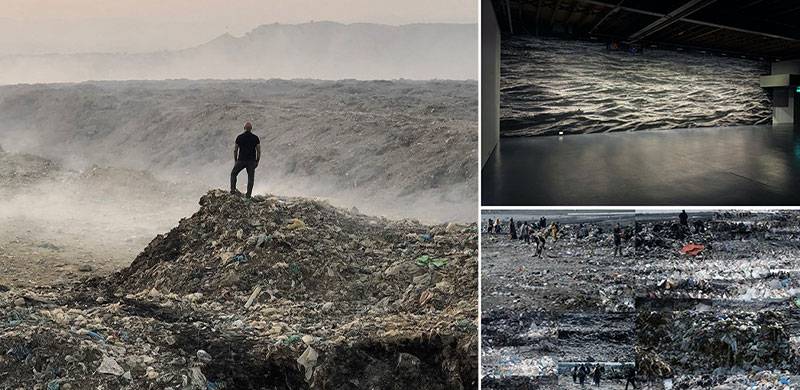
Iconic Pakistani artist Rashid Rana's solo exhibition Beauty Lies is underway in Melbourne.
The exhibition, which comprises two significant works: Beauty Lies and Offshore Accounts Series # 5, are steeped in an exquisite layering of ideas that fuses contemporary global concerns with the specificities of western art history. Over the last two decades, Rana’s work can be understood as a poetic investigation into the relationship between the microcosm and macrocosm. His work across video, site specific installation, digital collage, sculpture and most recently the architectural façade for the Pakistan Pavilion at the Dubai Expo reflects a profound understanding of the interconnectedness of the universal and the particular.
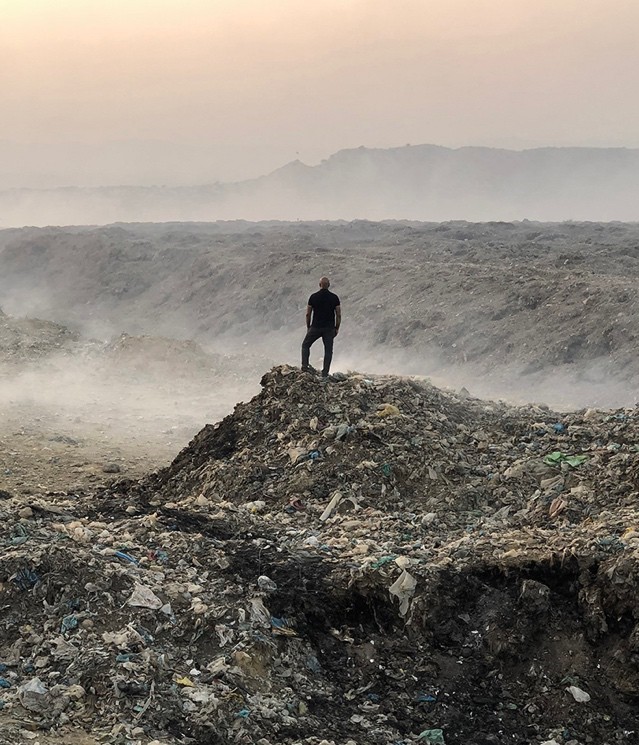
Notable for distinct pictorial strategies, Rana’s current solo Beauty Lies can be considered as an exploration that deepens discussion about the perceived binary of human-made materials and nature. The works in the exhibition articulate an understanding of the world that is both beautiful and unsettling. Rendering time as malleable, Rana’s haunting imagery dissolves the binary of historic and contemporary whilst revealing the micro as inseparable from the macro and vice versa.
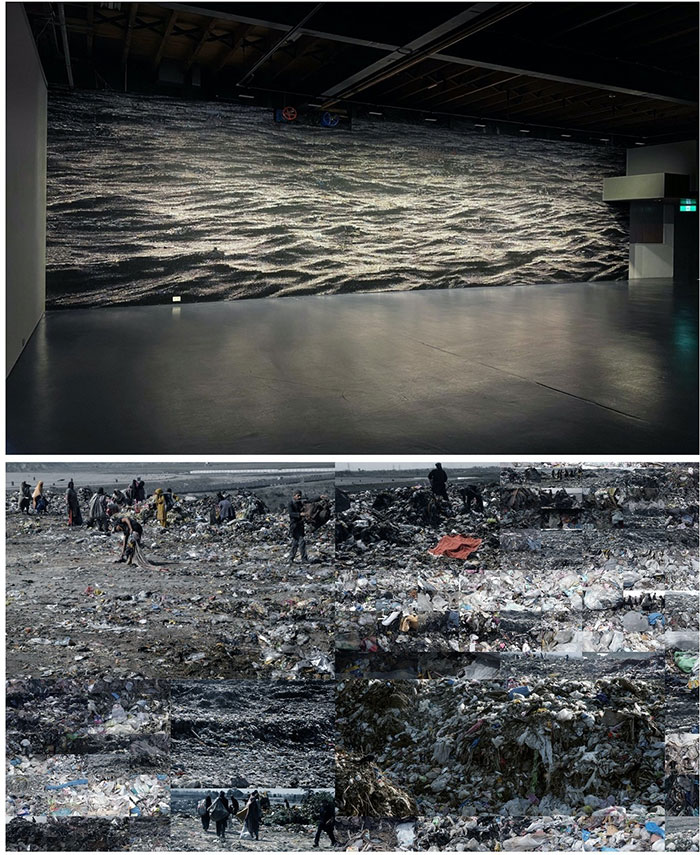
The division of nature and man-made objects is cruel, and crucial and important as ecology. It imbibes the divide of developed and developing worlds; is a demarcation of coloniser and colonised. A world carved into users and producers (of raw material and of industrial products).
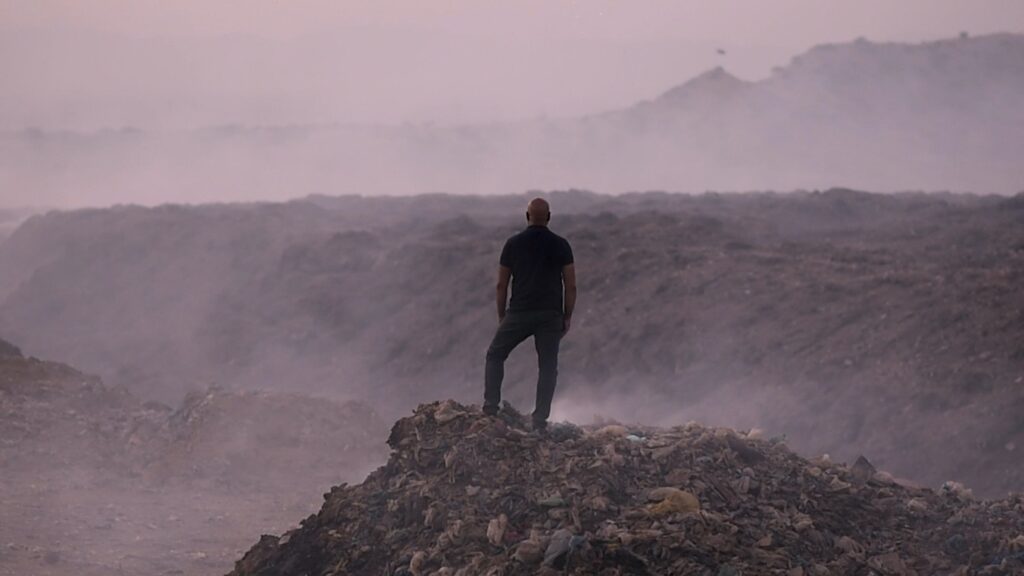
The work, Beauty Lies, is a response to this split, as the imagery reminds of a European Romantic painting (hand-)made in oil, of a section of nature with all its beauty and might – but the culture to which the initial canvas belongs is primarily known for industrial revolution, invention of gadgets, and proliferation of industrial refuse – a threat to (earth) ecology. Whereas Beauty Lies, a video piece, alludes to another society that has been romanticised as traditional, rural, pastoral and primitive, yet also produces heaps of industrial rubbish.
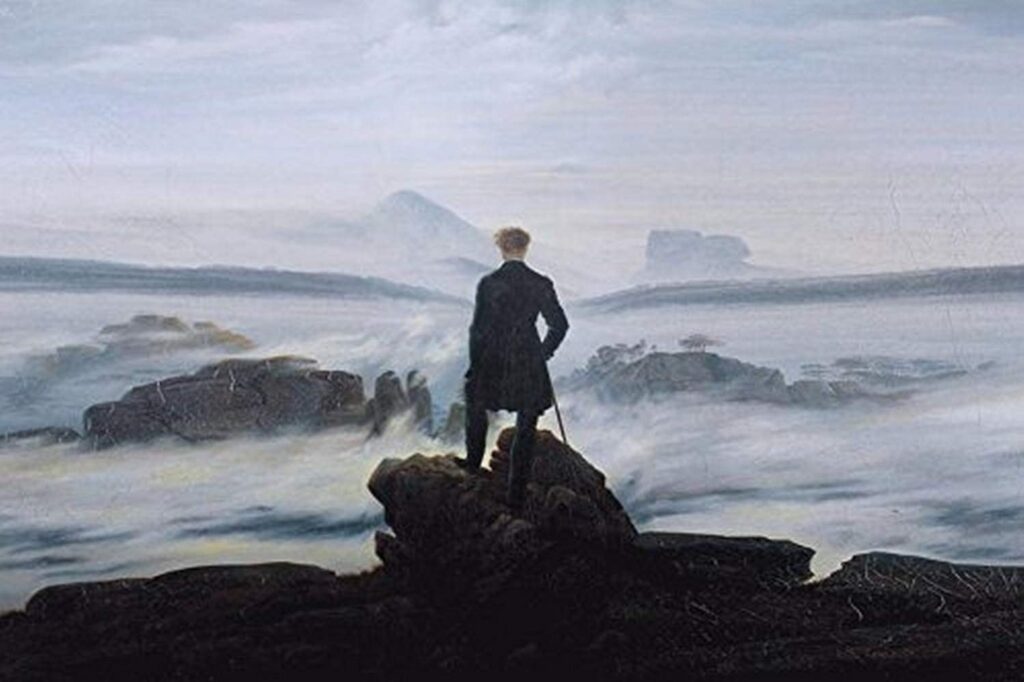
In Offshore Accounts a serene scenery of a seascape reveals images of piles and piles of garbage. This matrix of garbage also contains within it, the illustrations and paintings depicting sailing ships. Through these metaphors, the series refers to the post-renaissance materialistic inquiry and the explorations of the other worlds (after the invention of more advanced siblingships) eventually leading to colonialism, industrial revolution, consumerism and its aftermath; the tons of trash produced and dumped at the landfills sites. Offshore presents sailing, colonialism, industrial revolution and consumerism as various chapters of a same story but not necessarily in this order.
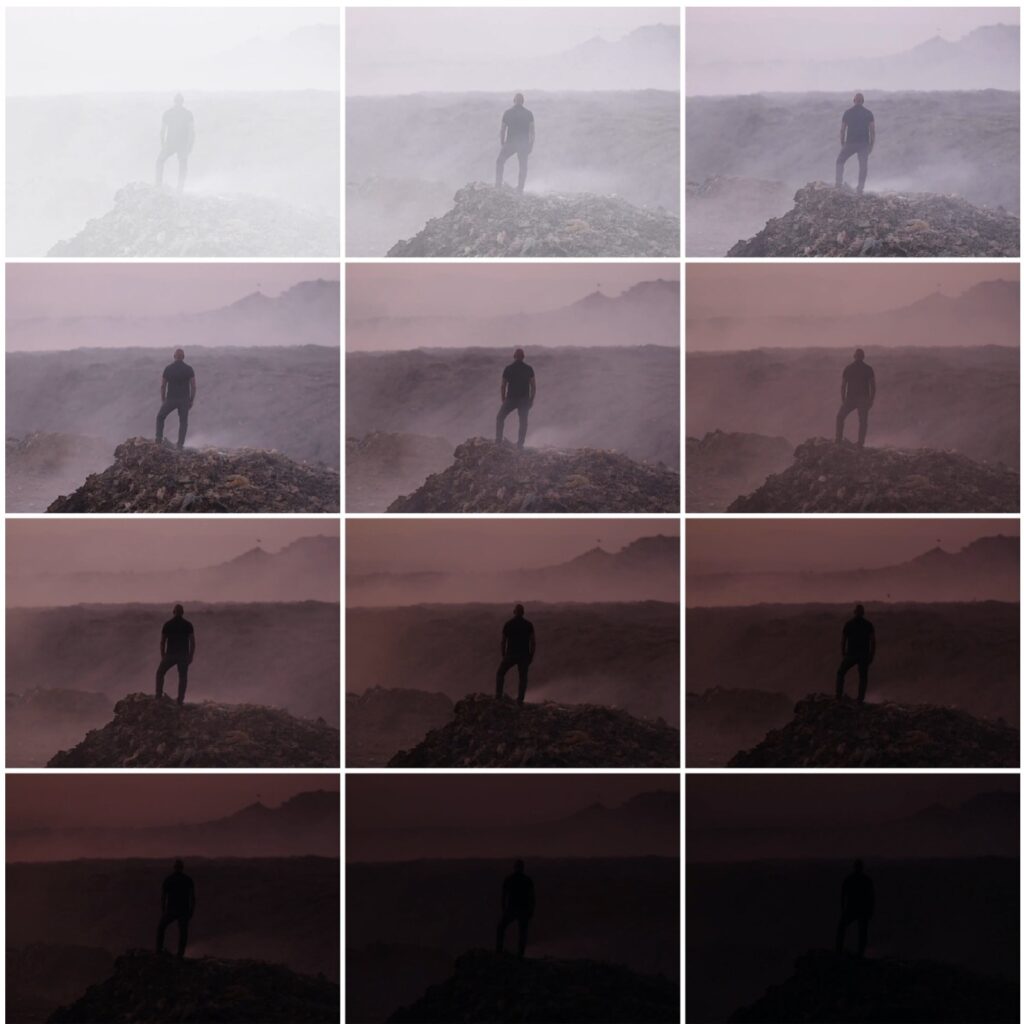
Widely considered to be one of the leading artists of his generation in South Asia today, Rashid Rana emerged at the start of 21st century as a pioneer of new media art in the region. The exhibition concludes on August 3, 2022.

